“What the Mexpat”. The Cultural differences you’ll face moving to Mexico
11 min read“What the Mexpat”. The Cultural differences you’ll face moving to Mexico I always like hearing stories of the different experiences foreigners have when moving to another country. Those stories are even more interesting when told by a Cultural Anthropologist, someone actually educated in the study of cultural variation among humans. Debbie is that Cultural Anthropologist, …
The post “What the Mexpat”. The Cultural differences you’ll face moving to Mexico appeared first on The Travels of BBQboy and Spanky.
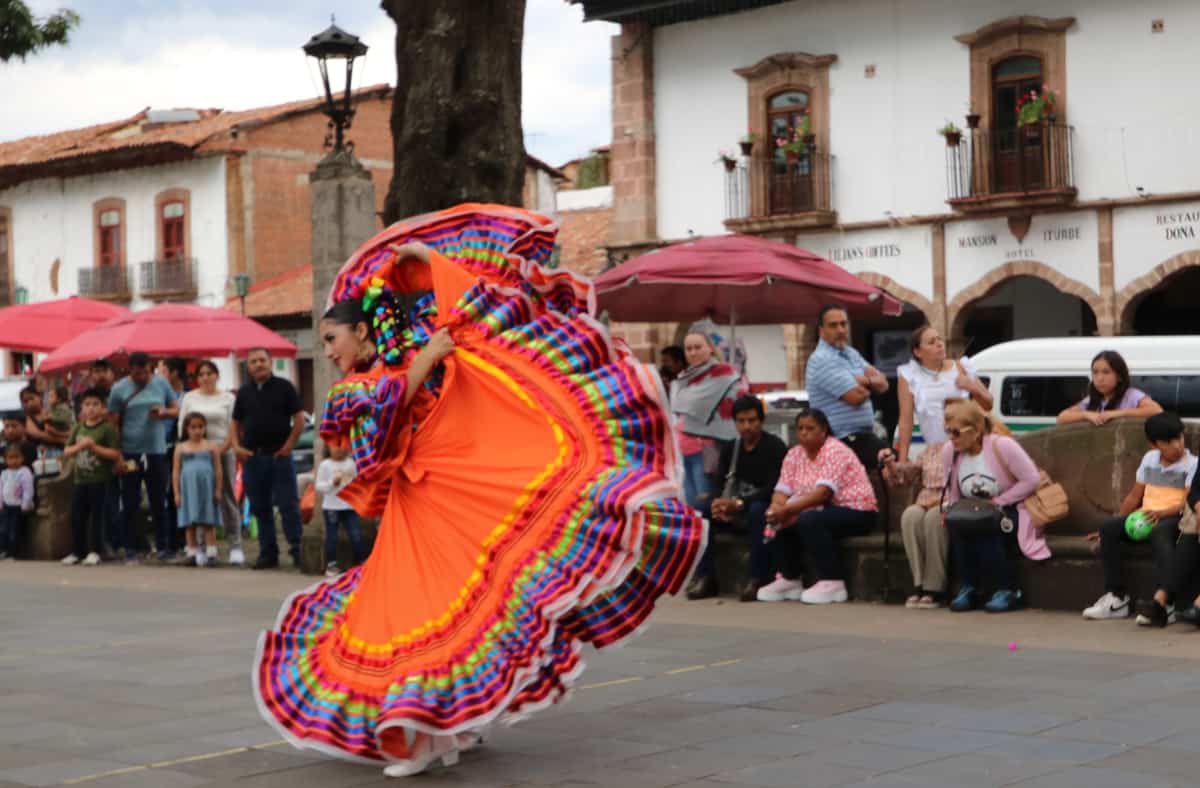 “What the Mexpat”. The Cultural differences you’ll face moving to Mexico
“What the Mexpat”. The Cultural differences you’ll face moving to Mexico
I always like hearing stories of the different experiences foreigners have when moving to another country. Those stories are even more interesting when told by a Cultural Anthropologist, someone actually educated in the study of cultural variation among humans.
Debbie is that Cultural Anthropologist, someone who studied Latin America and Mexican culture and then, years later, experienced that culture first-hand upon meeting a Mexican man and moving to Mexico. That was 10 years ago. She’s written a book entitled “What the Mexpat” based on her experiences.
In this interview Debbie tell us her story of Mexican integration, the frustrations and difficulties that came with it, and the reconciling of theory and reality when it comes to dealing with a different culture.
An interesting read below.

Name: Debbie Vorachen
Country of Origin: The Netherlands
Number of years in Mexico: 10
Hi Debbie! Can you please tell us about yourself? How did you end up leaving the Netherlands to live in Mexico?
Hi Frank! I was born and raised in the Netherlands. I guess you could easily say that one could not be more Dutch than me. I was the one planning everything in detail and always carried around to-do/to-pack lists. After high school I swapped the tiny village that I grew up in for bigger cities and I spent time in Utrecht, Leiden, and Rotterdam while studying a Bachelor and Master Degree in Cultural Anthropology, whilst working at the local government, a zoo, and a museum.
A fun fact no one will believe is that the university where I studied my Bachelor’s actually specialized in Latin America and Mexican culture. But I dived straight into the other side of the world and went to Indonesia instead to conduct research! Little did I know that upon completing this degree, I would fall in love with a Mexican folklore dancer at a local dance festival in small town in the Netherlands.
Fast forward: He is now my husband and the father of my child. After formalizing our relationship, I visited Mexico for the first time and fell in love with the country as well. From then, I worked towards emigrating to Mexico and accepted a job as an English teacher at a private school. I’ve been here for a decade now and it has been quite a ride so far! From teaching jobs to being a business owner now, I feel confident to say that I’ve seen many aspects of working in Mexico.
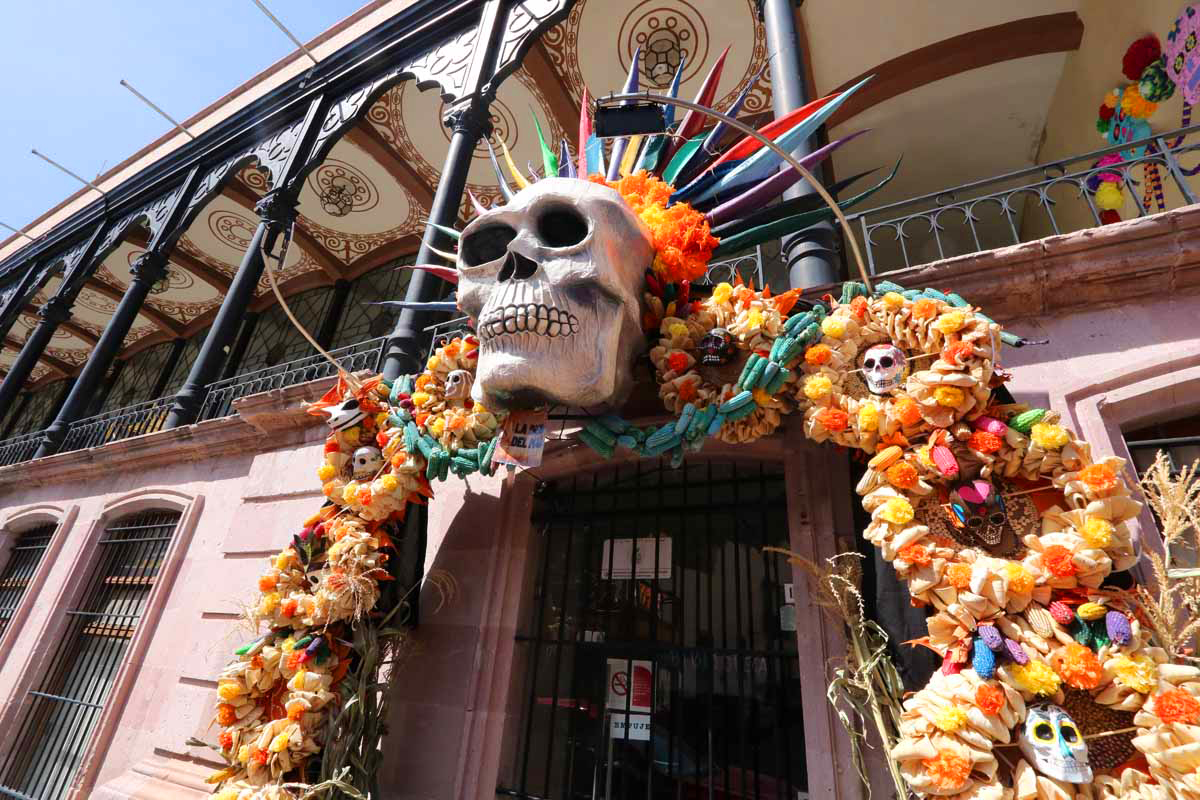
You’ve written a book entitled “What the Mexpat”. It’s all about the cultural differences that expats and immigrants face when moving to Mexico. What inspired you to write about this subject? And why do you think it’s essential reading for expats thinking of settling in Mexico?
As a Cultural Anthropologist and immigrant myself, I felt compelled to write this book and to let others know that all of us who move to a different country go somehow through the same processes. Many people only focus on what you can actually touch 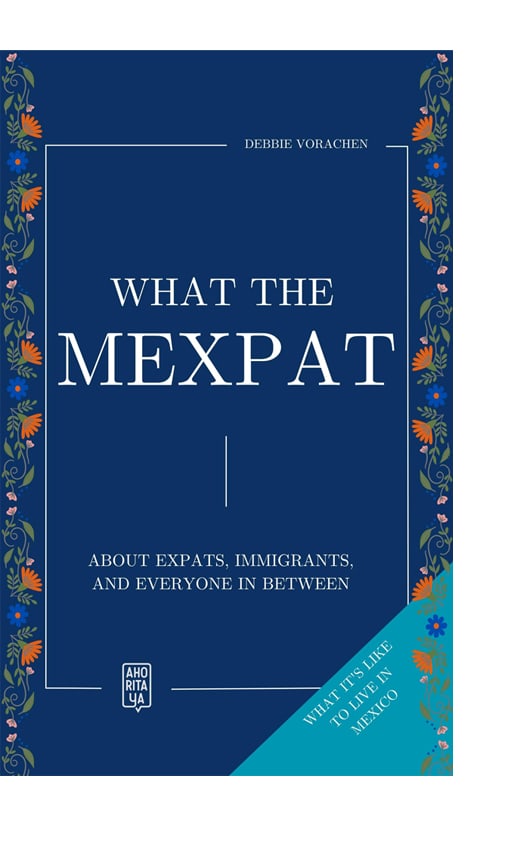 when you make the move (housing, residency-cards, furniture, you name it), but there is a huge gap in how to deal with your feelings and adjusting to what you experience on a daily basis in Mexican culture.
when you make the move (housing, residency-cards, furniture, you name it), but there is a huge gap in how to deal with your feelings and adjusting to what you experience on a daily basis in Mexican culture.
We all will find ourselves sitting on the couch in our Mexican home one day, frustrated about something that didn’t work out or a tramite that you went through at the electricity company and that you haven’t been able to complete yet, while wondering why you made the move to begin with. You will find that people back home aren’t the right ones to talk about this, as it will only fuel critique on why you moved. And complaining to Mexicans about it doesn’t feel right either, as you want to avoid criticizing how things work in their country. Here, expat groups or being friends with someone else who made the move, can come in handy.
“What the Mexpat” is about the days when sunshine and forever-feeling-happy-while-drinking-tequila vibes seem way gone, and how to deal with that. It’s all part of moving abroad and it’s completely normal to have such days, and I can tell you: the love for Mexico will come back, for sure.
The title actually came from the numerous Facebook groups for (future) expats in Mexico – there are so many types of people in there, that the expression “What the Mexpat” came to mind.
I know you have a Mexican husband. Unlike other people, you’ve not only moved to another country, you’ve also had to adjust to a Mexican partner as well as an instant Mexican family. I’m curious how all that went.
Absolutely! With confidence, I can state that the integration process that I underwent was perhaps more intense than that of a person who moves from A to B alone or with a family. Diving into Mexican society like this was definitely helpful for my integration into it. I immediately had to upgrade my Spanish skills to the highest possible levels if I wanted to keep up with conversations over dinner (and there were a lot of dinners!).
I am tempted to say that being welcomed in my Mexican family was and is a real privilege, as it helped to get to know Mexico sooner and better than I otherwise would have. I will never forget those first days in Mexico, when we stayed at the house of a family member and slept in separate rooms while looking for a place of our own to rent. While my husband went to work, I stayed with his family all day long.
They didn’t speak English and my Spanish was so-so, which lead to a daily headache by 4PM as I really wanted to contribute to the conversations which I understood quite well, but I lacked vocabulary to answer back. This created a lot of (personal) frustration and was exhausting. But those days also made me aware of how hospitable Mexicans are, how much they enjoy showing their culture and customs, and how much they include you in everything they do (and cook!).
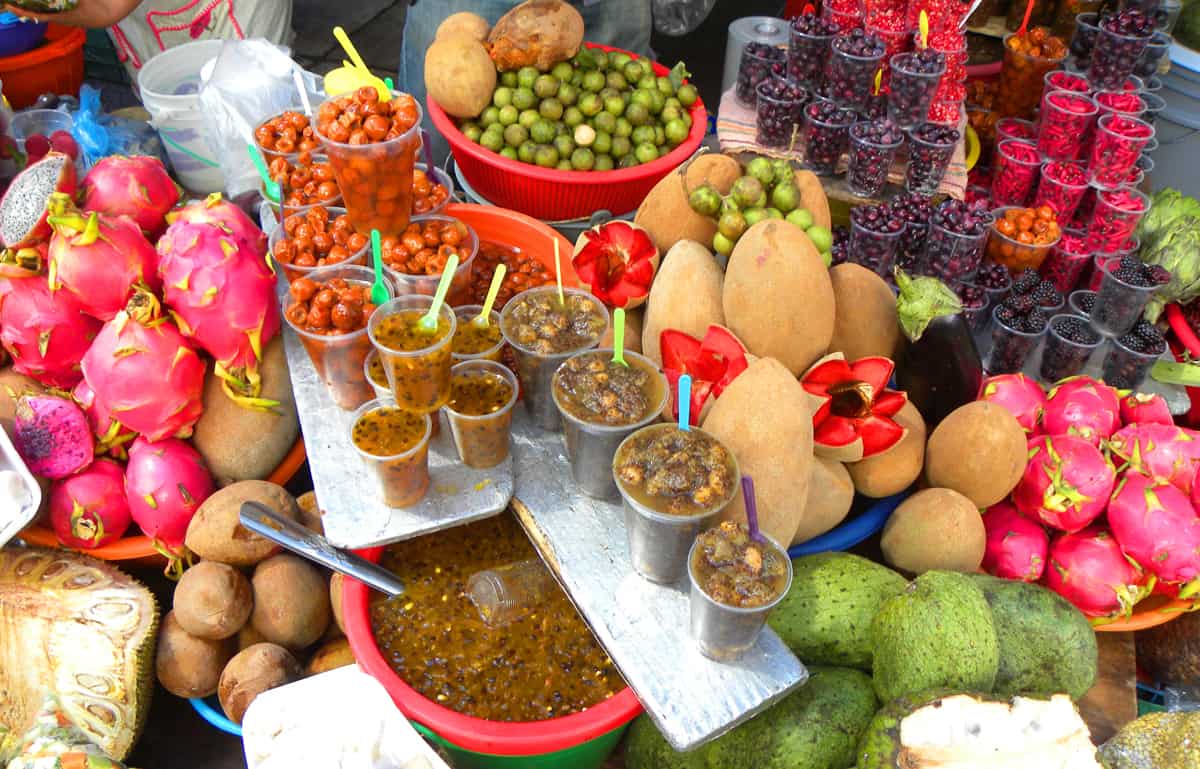
What do you think are the most common errors foreign expats make in not understanding Mexican culture?
That highly depends on the type of person that you are talking about. There are expats who just want to make the move, live in a bubble as if they were back home, and complain about how things go over here.
Let’s focus on those expats who do wish to participate in Mexican culture and society.
It’s not particularly an error but rather something that is underestimated, which is the importance of speaking Mexican Spanish. Some things aren’t even in the textbooks, as Mexican Spanish contains a lot of typical idioms and expressions that you need to understand if you really want to have a conversation that goes deep into various cultural layers of Mexican society. Another very common aspect of Mexican Spanish is the use of playful nicknames, often based on amusing incidents considering that person or personal traits. Some may even look offensive to outsiders, but it actually shows affection and a good bond between those who use them. An example is chaparro/chaparral which means “short one”, said to a person who is short in stature. Or how about this one, that might seem offensive to outsiders: gordo/gorda meaning “fatty”, referring affectionately to someone who is plump. It’s all part of Mexican culture, where it’s considered a great trait that you are able to joke around (about yourself) and tell funny anecdotes. This reflects on language, and enriches the Spanish spoken here with a lot of extra words / connotations!
“Example of a Mexican Spanish expression: Te da el avion. He/she gives you the airplane. Meaning: The person leaves you hanging.”
Another “error” would be to be that some people can be too hard on themselves. As mentioned before, moving abroad is an ongoing learning process and does not stop once furniture is placed in a new home or when the suitcase is finally unpacked. In the last decade, I learned to be able to laugh at myself and to learn from the situations I encounter.
Expats (and immigrants) think that they are being misunderstood, whilst actually it’s Mexicans who are misunderstood by them. Change your attitude and learn from your hosts. By the same token, I think that Mexicans may find it hard to understand that most people from cultures as North America or Europe lack patience and often have an individualistic worldview, while Mexico is very collective and family-oriented as a society. Outside of Mexico, things have to go fast, be efficient, and work well all the time. That’s a vast contrast with how things go over here!
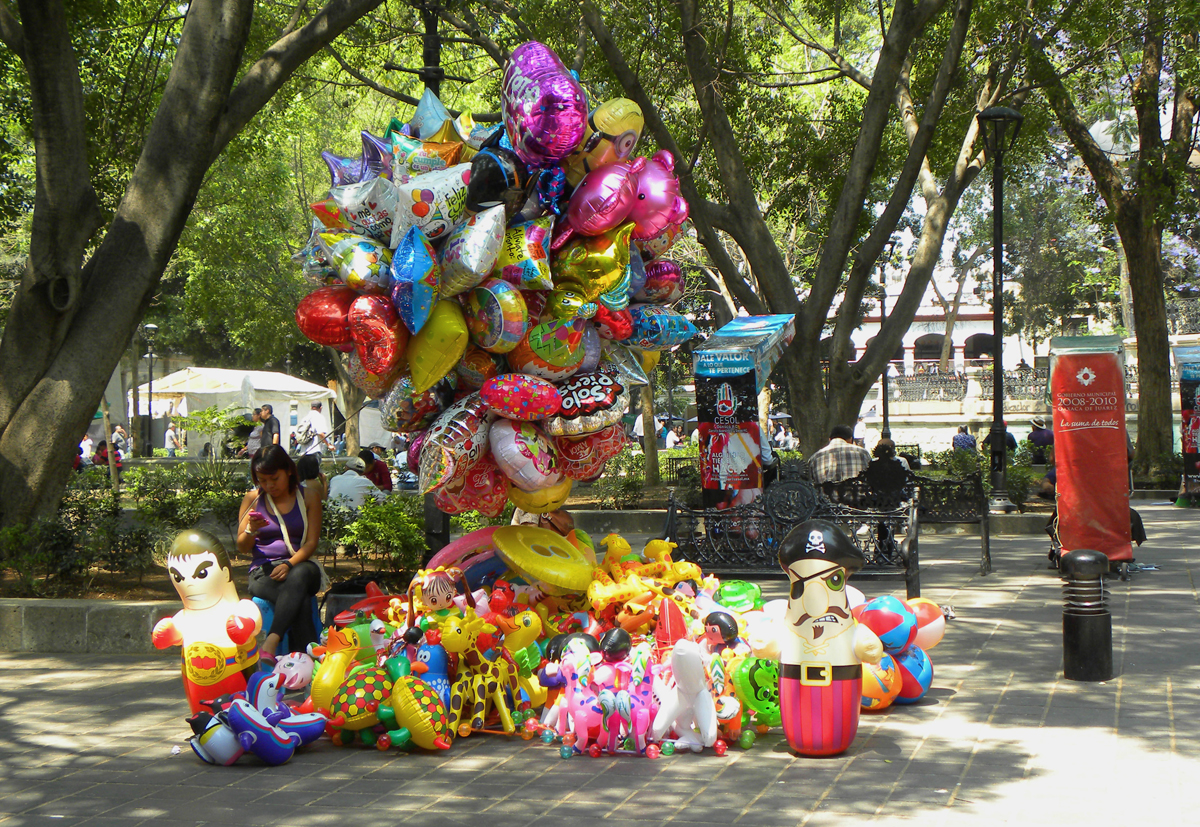
What do you love about Mexico and what could other cultures learn from it?
I absolutely love how Mexicans seem to get more out of their day. Days are fully used, whether it’s to relax or to work hard. There is always time for social gatherings and convivencias. And, as a study of so called “Blue Zones” (places where a lot of people older than 100 live) showed, this is one of the most important features of longevity in human life.
The collectivist culture of Mexico versus the individual culture as we know it, is a great feature for the social aspect of society in my opinion. It creates a space and opportunity to unite people and to get together as much as possible. The downside is that you are supposed to bear more things that are caused by a group, such as a loud party at your neighbor’s home, or when you are waiting in line for your turn at the bank.
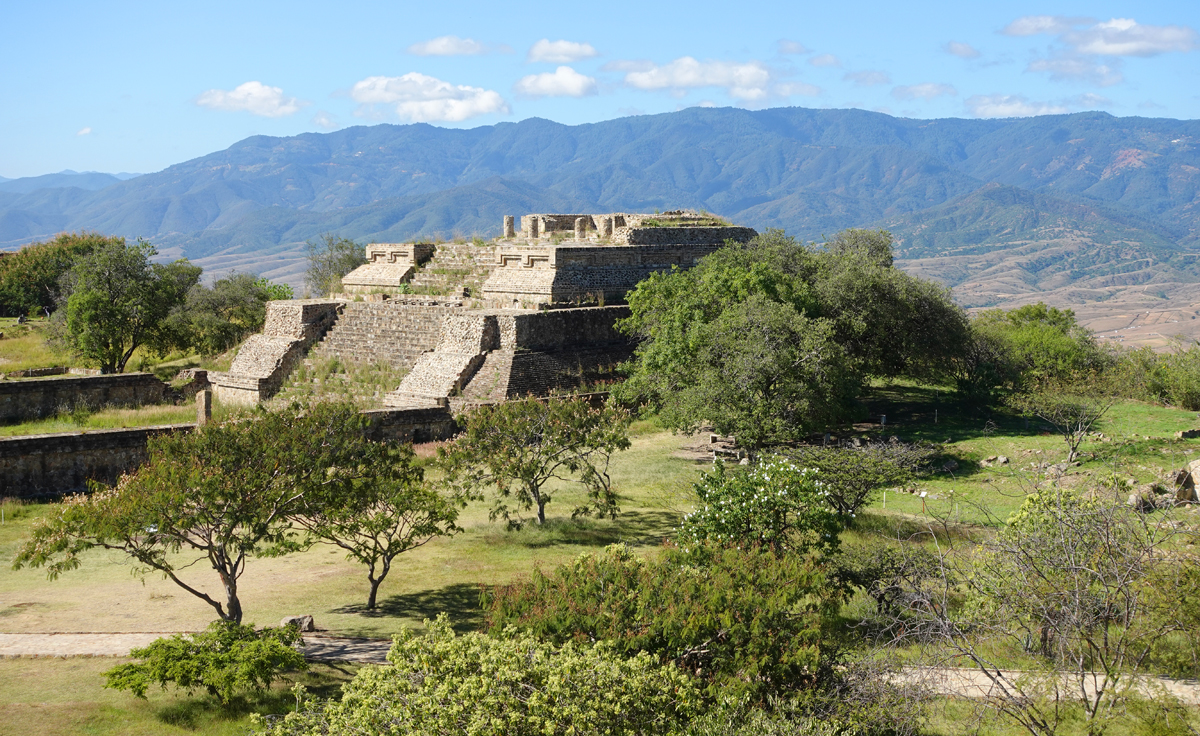
You’re a cultural anthropologist by training. I’m wondering how you balance your analytical brain with the everyday challenges of living in Mexico. Do you ever struggle with reconciling your left and right brain?
One of the pitfalls of being an Anthropologist is that you are trained to see things in a holistic view and to respect everyone’s cultural expressions – to the extreme. When “in the field”, I am supposed to let go of my cultural framework and possible prejudices. This can be very helpful when it comes to analyzing what is going on, but as a person, I have my limits and opinions. Sometimes it’s hard to find a balance between expressing my opinion on a personal level (ethically) whilst not judging why other people do things in a certain way.
I still have difficulties with the ahorita / en un ratito / mañana way of live. After all these years, I know that things will take longer or may never occur at all, but I find it hard as I come from a society where everything is planned and where this planning is fixed, not seen as merely a guideline that doesn’t even have to be followed. I still find it fascinating (and frustrating) that you can be waiting for the handyman to arrive, even while you agreed the day before that he’d be there, and he just never shows up.
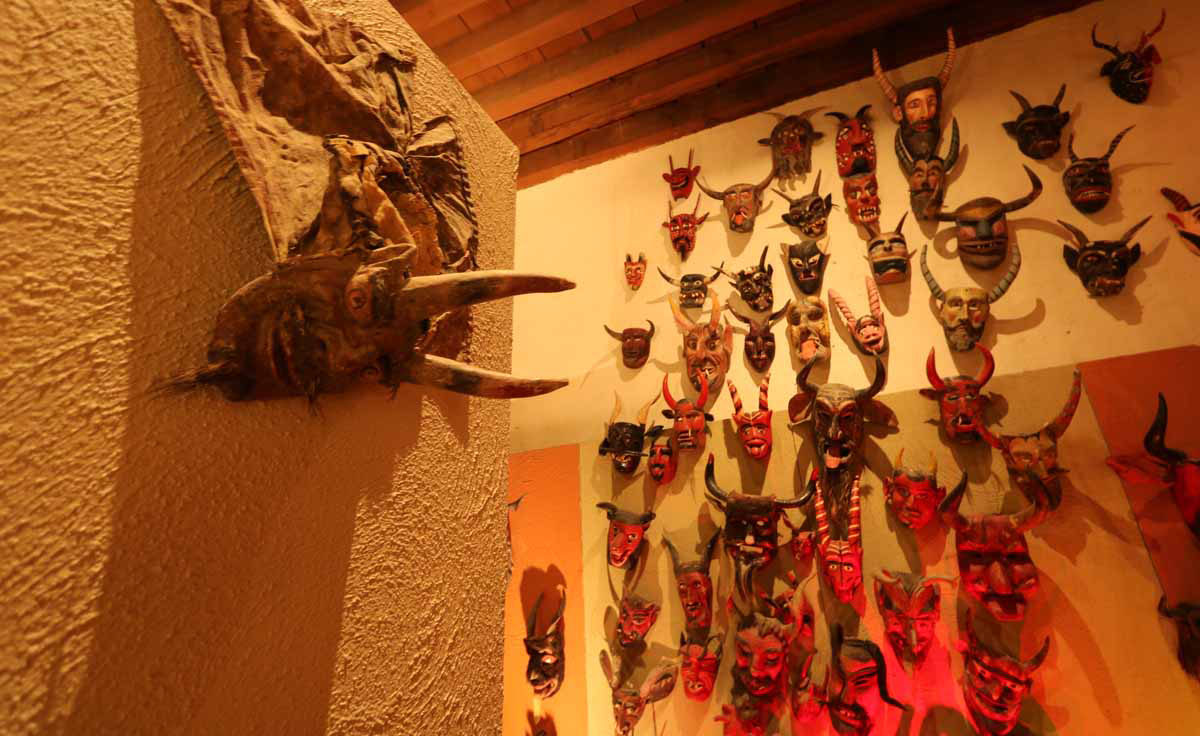
You cover a lot of topics in your book including “settling in Mexico”. What types of issues do you cover there? What are the biggest challenges facing newbies when they first arrive in Mexico?
I think that understanding the daily know-how can be tough. Simple things, like paying for utility bills or where to get big water bottles. And when doing them, getting caught up and surprised by Mexican bureaucracy!
Another challenging issue is time management. Most of the expats and immigrants come from societies where time is seen as something that is fixed and appointments are on-time. In Mexico, this is not the case (apart from some formal meetings, where being on time is expected), where time is seen as fluid and merely a guideline. Adjusting to this new pace of life can be difficult, but you have to try it. Otherwise, it’ll drive you crazy.
Settling in also comes with (emotional) set-backs. Things that you don’t want to share on Facebook or Instagram, but that will definitely happen. Perhaps you’d even feel difficulties telling people “back home” as they just won’t understand having not experienced Mexico.
It was hard to tell my family that I would be moving abroad, let alone to Mexico. Of course they saw it coming because I was madly in love with a Mexican, but it’s quite something to be an ocean apart when you have a deep connection with family members and friends. Especially, as many consider Mexico to be a dangerous place. But telling them that things weren’t going so smoothly, was / is even harder. It’s nice to have a book that shares these experiences, so they can get a feeling of what I’ve been through during the past decade, beyond the happy news that is being shared on social media. “What the Mexpat” is therefore also a good read for family members and friends who remain in your country of birth, so they get a sneak-peak into your new daily life!

After 10 years in Mexico, are there any aspects of Mexican culture that you still have difficulty with? Things that drive you crazy and that you’ll maybe never really be able to adjust to? Despite that, do you see yourself in Mexico 10 years from now?
As mentioned before, living abroad is an ongoing process that will take you from feeling super happy, to missing home and almost hating things that you are experiencing, to falling in love with features of the country again. So yes, I still have difficulty with certain aspects, such as getting official things done and the bureaucracy involved. Another thing that may be fun to others are still hard to me. Things like the never-ending parties. Even kid’s parties seem to last much longer to what I’m used to. In The Netherlands it’s a fixed schedule (“we’ll see you at 2 and the party ends at 5”) instead of the Mexican “the party starts at 2 and you can stay as long as you want!”
But apart from that, I have to pinch myself every now and then to remind me that this has not always been my reality. I grew up in a country so different from Mexico. When family members or friends come to visit, I see the differences arise and those are the moments that I realize how much I adapted to Mexican culture. Who knows what the future brings, but I think our little family is perfectly fine for another decade in Mexico!
Many thanks to Debbie for this interview!
You can find “What the Mexpat” on Amazon USA and Amazon Mexico. Debbie also has a blog where she writes about culture and everyday life Mexico.
Want to be interviewed? If so send us an email or leave a comment
Related: What’s it like living in Mexico? Observations and experiences of an American Expat
Related: “Retirement Secrets of Mexico”
Related: What’s it like living in Mazatlán? (plus misconceptions, safety, and Pueblo Magicos)
If you haven’t subscribed yet and want to get our posts and newsletters sent to your email, just insert your email address below
Great! Thank you for subscribing. If you don’t receive a confirmation email, please check your Spam box.





